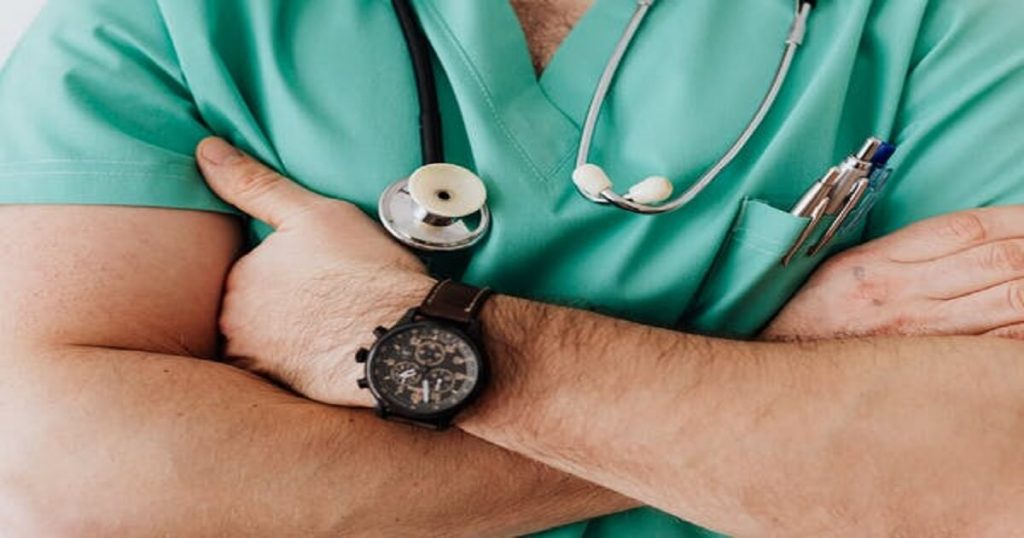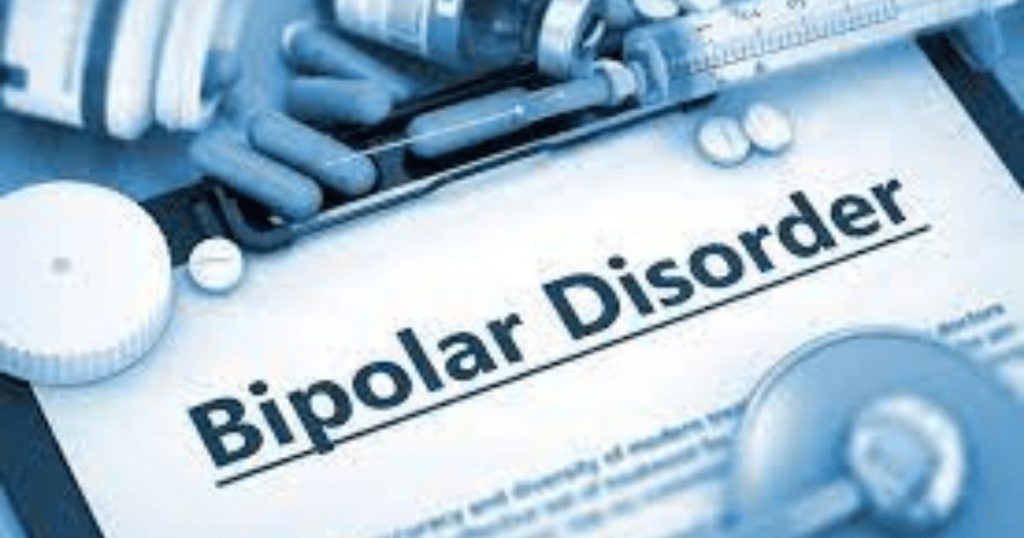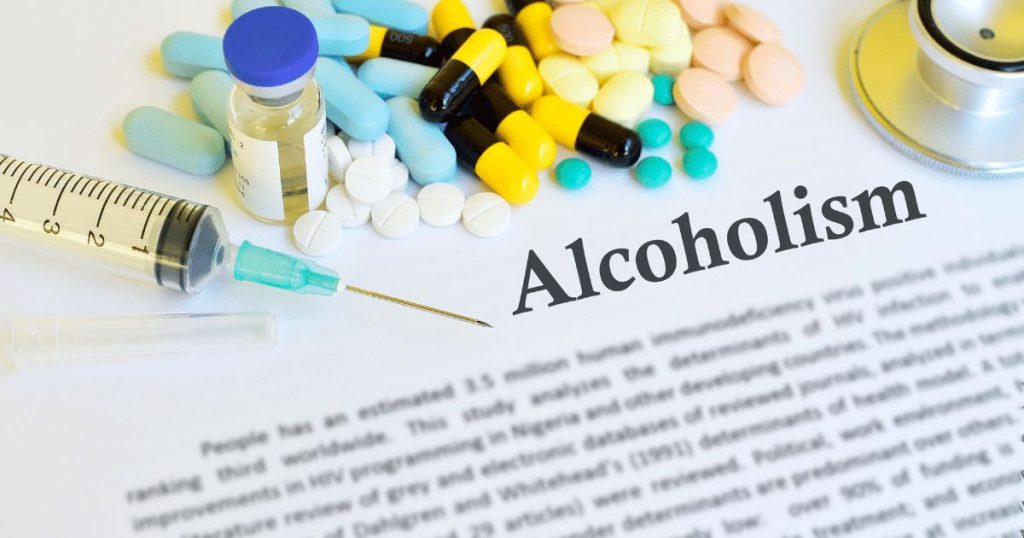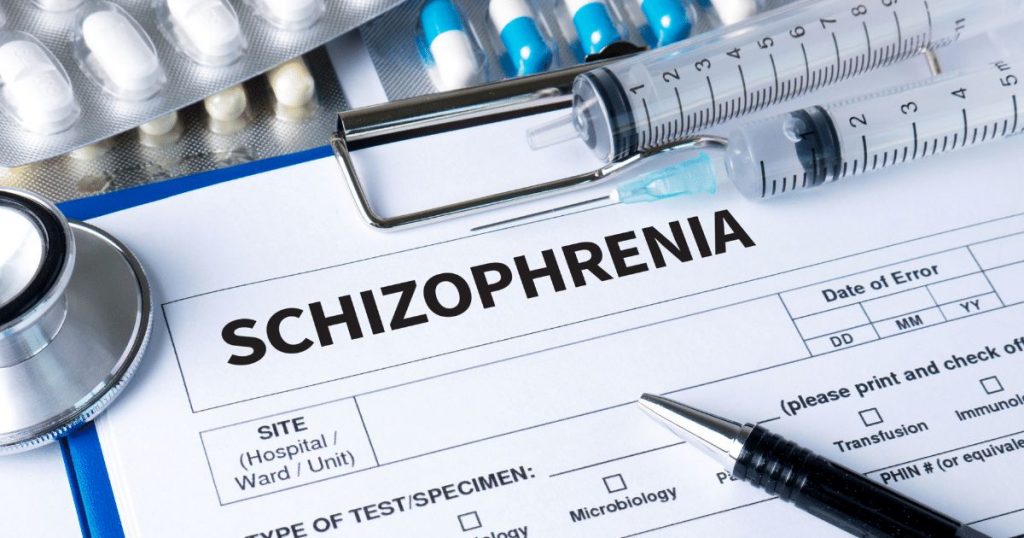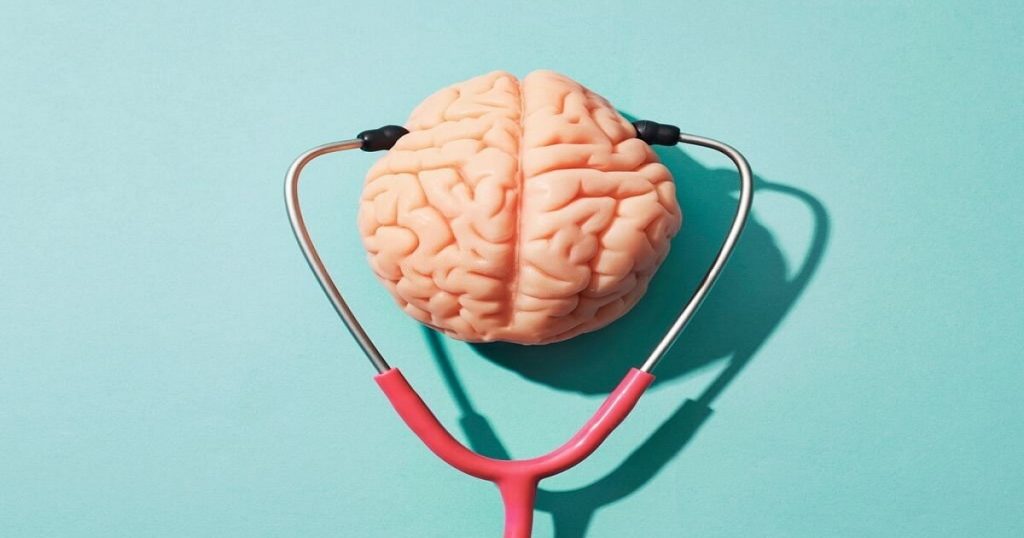Addiction is a treatable, chronic medical disease involving complex interactions among brain circuits, genetics, the environment, and an individual’s life experiences. People with addiction use substances or engage in behaviors that become compulsive and often continue despite harmful consequences.
Psychology Today makes it quite simple: When a person engages in an activity that is pleasurable but cannot stop doing it, even to the detriment of everyday living (such as work, hobbies, family time, finances, etc.), and health and wellbeing suffer as a result, this behavior would be considered an addiction.
If you are struggling with addiction, know that addiction is a treatable disease, not a moral failing.
Substance use disorders (SUDs) changes in the brain, leading to a compulsion to use drugs or alcohol. It is a chronic mental health condition; however, sobriety is possible with the proper treatment and support.
- Admit There Is A Problem
The hardest part to recovery is admitting you have an addiction.
- Reflect On Your Addiction
Take time to reflect on what is important to you, how addiction has negatively affected you, and how your life will improve with sobriety.
- Seek Professional Support
The residential treatment program at Bridge Rehab offers a peaceful, structured environment to begin the drug and alcohol recovery process. Our 24-hour staff is trained in various treatment options to provide the most individualized, effective treatment program for each resident.
Residential treatment options include:
Individual Therapy
Group Therapy
Family Therapy
Peer Support Groups
Chemical Dependency Counseling
Detox and Medication-Assisted Treatment (MAT)
- Appreciate The Benefits of Sobriety:
Sober living allows you to regain the positive aspects of your life.
- Identify Your Triggers
A trigger is something that causes an emotional reaction based on experience. With addiction, a trigger can often cause a powerful urge to use again.
Some common triggers include:
Stress
Uncomfortable Emotions
Environmental Cues
Social Isolation
Mental or Physical Illness
- Change Your Environment:
Support your recovery by avoiding people, places, and situations that trigger your urge to use.
Many changes will happen during recovery, including:
The way you deal with stress
Who you spend time with
What you do in your free time
- Exercise:
In addition to being a great distraction, exercise can help:
Restore healthy brain functioning
Reduce stress and tension
Improve sleep
Minimize cravings
Enhance self-esteem
- Accept The Past
After we accept the past, we can provide ourselves with the opportunity for change in the future.
- Call For Help:
Recovery takes time, motivation, and support. It can be challenging; however, the benefits of seeking help and beginning the journey far outweigh the risks of continued substance use.

